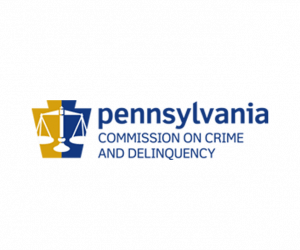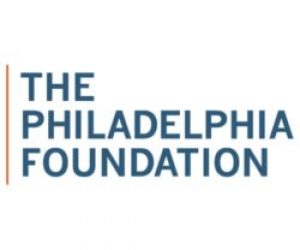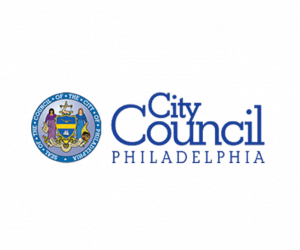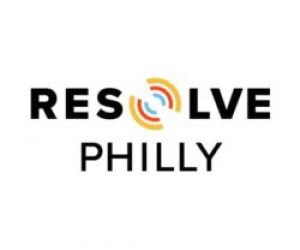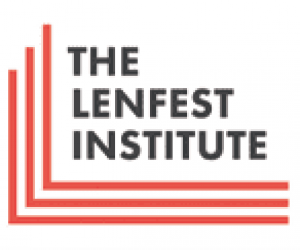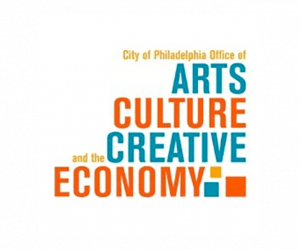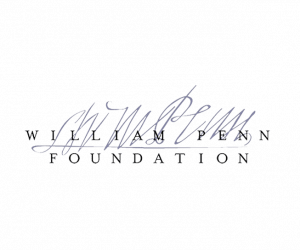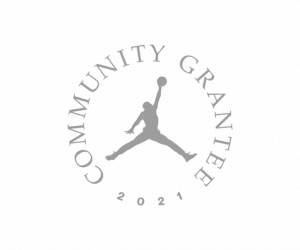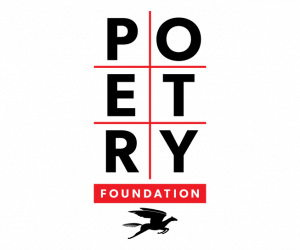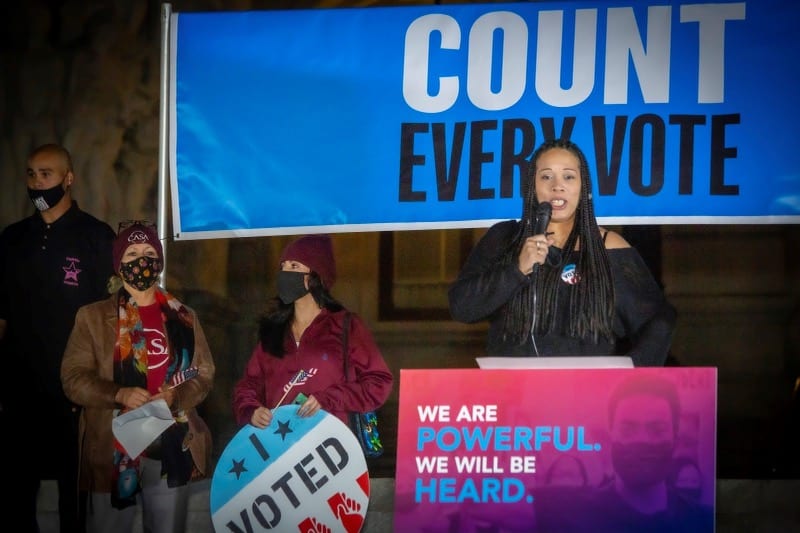
By Denise Clay-Murray
For many of us, the COVID-19 pandemic has given us the chance to rethink some things about our lives.
In some cases, it has meant rethinking our relationship to the work we do. Were we happy at our jobs? What would we change if we could? Was life too short to keep doing something we weren’t really into anymore? Was it time to take a leap of faith and do something we love?
For the women you’re about to meet, the pandemic has allowed them to answer those questions for themselves, and create the kind of workspaces and opportunities that make their work lives more rewarding.
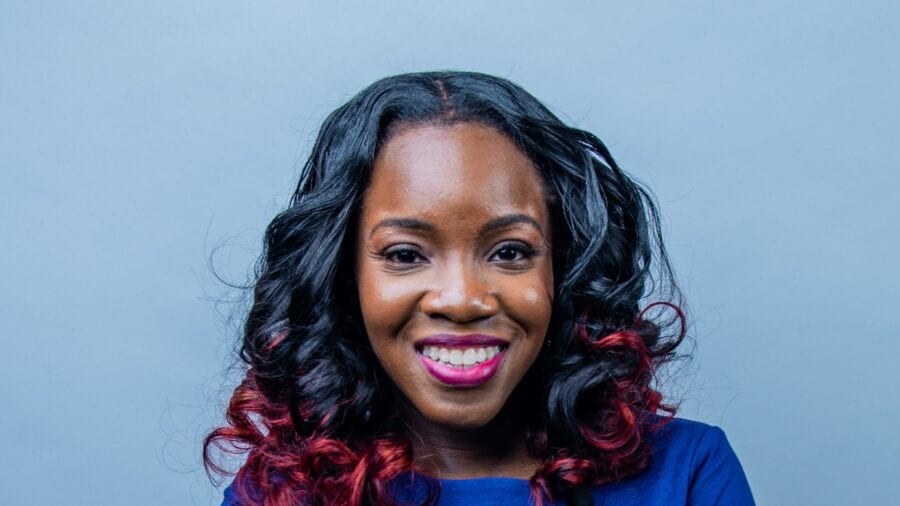
Thanks to the COVID-19 pandemic and the way it forced us all indoors, meetings and interviews on Zoom and other similar platforms have become as commonly used by journalists as notepads, pens and tape recorders.
These platforms have also allowed journalists to flex their muscles in new directions. They have given journalists like Stephanie Guerilus, a senior writer and editor for The Grio.com, exposure through interviews she did with celebrities like Phylicia Rashad she might not have gotten otherwise.
“I wouldn’t have had a job without Zoom,” she said. “New York was really raging from COVID-19 and no one was going out, so we had to do interviews on Zoom. It allowed me to step out of my comfort zone.
Guerilus had been at the Grio for a little over a year, working as weekend editor, when the pandemic hit. She was promoted to full time, but it took a little while for her to recognize that she belonged there.
“I had a terrible case of imposter syndrome,” she said. “Because of that, I pushed myself into a burnout. The people I work with told me I needed to be more strategic, that I was a valued member of the team. So I developed a “Mamba Mentality” like Kobe Bryant. I leave everything out there and I make the most of every opportunity.”
The pandemic has also led Guerilus to treat the people she interviews and their stories with a little more reverence.
“I think every story I write is important, so I give them all the same effort,” she said. “You have to bring the same passion and commitment to all of them. I want them to be impactful.”
“One of the insights I’ve gotten from working in this pandemic is that people are more open now. We’ve all been in a routine and we didn’t realize it. So now, we’re letting our guards down,” Guerilus continued. “We’re understanding each other’s circumstances and recognizing that everyone is trying to work, help their kids with school and take care of a whole lot of responsibilities at once. I appreciate the grace that everyone is showing each other.”
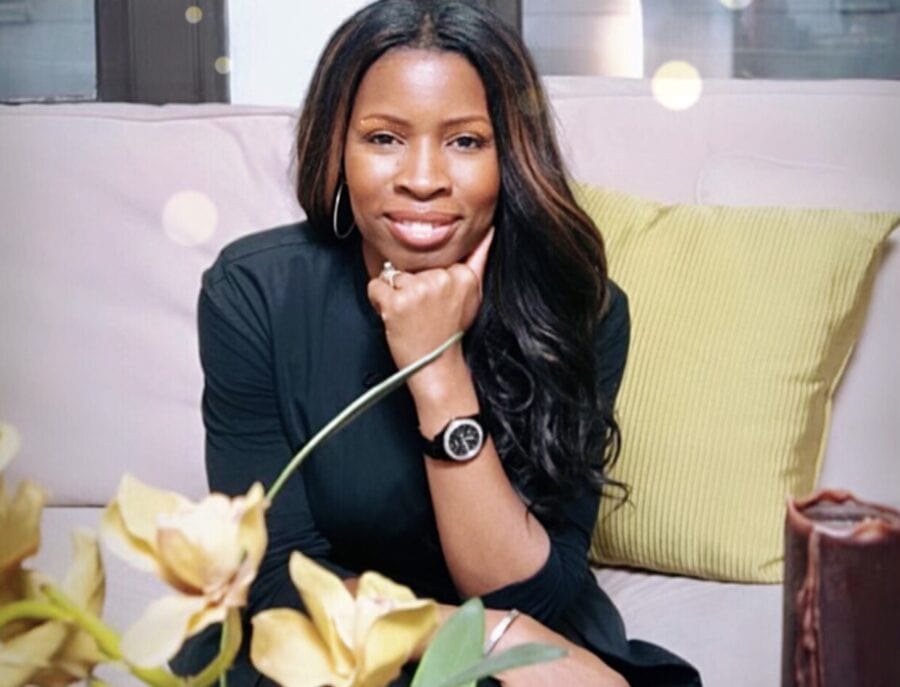
Very few people get closer to their clients than Ursula Augustine.
Augustine, the owner of Ursula’s About Phace Studio in Rittenhouse Square, is a makeup artist whose work has graced the covers and pages of InStyle, Allure, and Philadelphia Magazines. Because putting on makeup, arching eyebrows and applying eyelashes requires getting up close, it stood to reason that the COVID-19 pandemic would impact her business.
“We shut down for nine months and saw no one,” Augustine said. “When we opened up in the last couple of months in 2020, the die hards trickled in. I’m a crazy germaphobe so I’m always on point.”
And when she says on point, she means it. Temperatures are taken in the lobby. Her expertly sanitized facilities include UV light sterilization, hands-free hand sanitizer stations, and personal protective equipment for everyone.
For her longtime clients, Augustine’s attention to detail — or as she called it, the PPE Tour — was confirmation of her desire to give them a safe and comfortable beauty experience.
But for Augustine, returning customers showed that they really trusted her, something that is important when you work with people so closely.
“They knew that it would be the safest place in Philadelphia,” she said. “This level of trust got my business moving in the right direction. Everyone was coming back and recommending me to their friends because of the reputation I’ve built through the decades for doing my business safely with client comfort and relaxation in mind.”
The biggest change Augustine is making to her business expands into an arena of the makeup business she had only selectively entertained in the past: bridal makeup.
“I have a separate planner for all my brides,” she said. “I’m doing my first bridal expo in June and I have 13 weddings set for October.”
The increased availability of COVID vaccines has led to more of her longtime clients making their way to Ursula’s About Phace to get made up for that special occasion. She’s also getting new clients, including people who relocated from New York to Philadelphia during the pandemic, and more commercial work including covers for Suburban Life and Philadelphia Style magazines.

In the aftermath of the 2020 Presidential Election, states with Republican legislatures — Georgia, Florida, Texas and Pennsylvania among them — began passing so-called “voter integrity” laws.
Under many of these laws, it will be tougher to vote by mail, early voting days will be cut, there will be fewer polling places, and giving people water as they wait in the long lines created by the reduction in polling places will be illegal.
Because of this, people like Georgia’s Stacey Abrams, Black Voters Matter’s LaTosha Brown and Sherrilyn Ifill, president of the NAACP’s Legal Defense and Education Fund are fighting these laws across the country.
And in Pennsylvania, Kadida Kenner is leading the charge.
Kenner is the new Executive Director of the New Pennsylvania Project, a group modeled after Abrams’s New Georgia Project, with the goal of educating voters, increasing voter turnout by connecting with the disenfranchised, and protecting the right to vote for Pennsylvanians.
Before starting her new job, Kenner was working for the Pennsylvania Budget and Policy Center’s Why Courts Matter project. In addition to organizing events advocating an increase in the minimum wage, and fair taxation, she was educating voters about why judicial elections are important.
She was approached about heading up the New Pennsylvania Project, but didn’t jump at the chance right away.
“I made them wait for six weeks before I accepted the job,” she said. “I was comfortable at Why Courts Matter. I was bringing about change and happy with the work I was doing. Because this was going to be something that was super brand new, it took me a bit to get my courage up. Plus, I had never been an executive director for a non-profit before, so to do this was something new. I had to take a leap of faith.”
One of the things that she did once she accepted the job was to raise more than $10,000 toward the organization’s mission from a collection of grassroots donors, Kenner said.
“I didn’t really have to do a really heavy lift because many of the donations came from people I’d done organizing work with. For them to have that level of faith and to donate hard earned money to help people register to vote during a pandemic is a real vote of confidence.”
Soon, Kenner will head to Georgia to learn as much as she can from the people at the New Georgia Project. While Pennsylvania’s and Georgia’s electorates are different in a lot of ways, they both need to get everyone inspired to go to the polls, especially since the 2022 Midterm Elections include an open U.S. Senate seat and a Pennsylvania Governor’s race.
“We’re going to have to do something a little different to get people to be inspired,” she said. “There are a lot of people who are disenfranchised and don’t see a reason to vote. They have no use for the political process. We need to give them a reason to show up.”
Love Now Media is one of more than 20 news organizations collaboratively reporting on solutions to poverty and Philadelphia’s push towards economic mobility.


